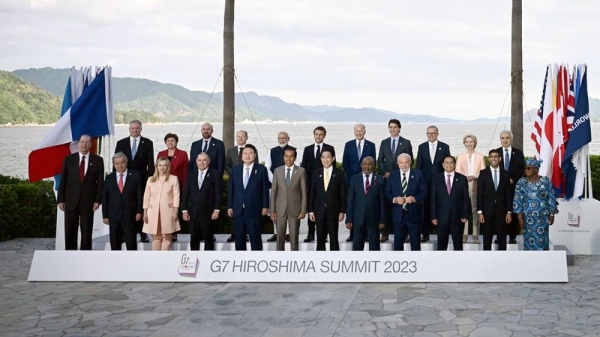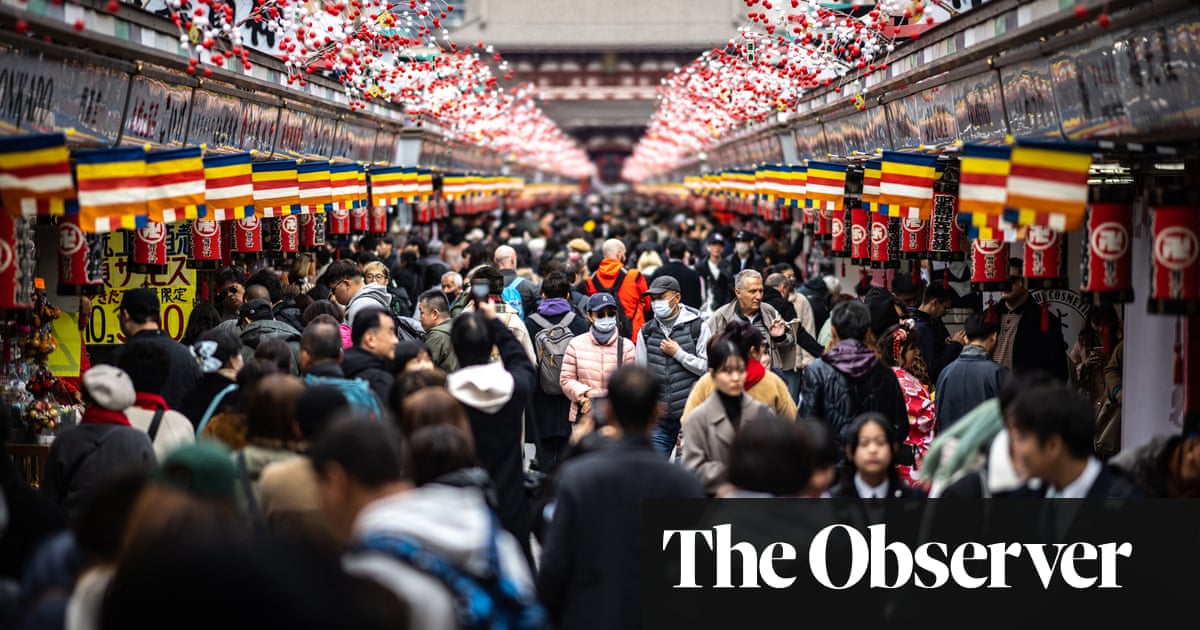
What a difference two years makes. At the dusk of the Obama administration, US trade envoys were busy trying to stitch together the Trans Pacific Partnership (TPP) between the US, Canada, Japan and a further nine Pacific Rim countries. China was not to be a member because both the US and Japan looked with some trepidation at the ever-growing economic and military influence the world’s second-largest economy wielded in the Asia Pacific region. At the same time the Chinese government busied itself working on its own Pacific Rim trading arrangements, excluding the US — the Regional Comprehensive Economic Partnership and the Free Trade Area for Asia Pacific.
President Donald Trump’s first official act was to tear up the TPP — much to the chagrin of Japan, Canada and other allies. Canada and Japan persevered, and this year renamed the TPP the Comprehensive Progressive Trans Pacific Partnership (CPTPP), with the other 11 initial signatories. While it was a blow not to include the world’s largest economy, it was no mean achievement without American leadership.
Fast forward two years and the Trump administration and China are at each other’s throats, imposing ever more tariffs on each other’s goods in a seemingly endless spiral. The rhetoric has become harsh, too; in a speech on Oct. 4, Vice President Mike Pence stopped only just short of labeling China America’s long-term enemy.
It was against this background that Japan’s Prime Minister Shinzo Abe spent the past three days in Beijing on a state visit to commemorate the 40th anniversary of the China-Japan Treaty of Peace and Friendship.
These countries have history. The last time they held a top-level meeting was six years ago, and the atmosphere was frosty to say the least. Chinese protesters boycotted Japanese products and smashed cars outside the Japanese embassy over Tokyo’s move to nationalize disputed islands in the East China Sea, named Senkaku by Japan and Diaoyu by China. There is still rancor over the cruel occupation of large swaths of China by the Imperial Japanese army during the Second World War. Conservative Japanese prime ministers tend to attend or fund the nationalist Shinto Yasukuni Shrine, more to secure the support of-ultra conservative voters than for any other reason. Chinese and Southeast Asian leaders condemn this with much ire, because war criminals lie side by side with ordinary Japanese soldiers.
Xi Jinping is right in that both the Chinese and Japanese economies need the free-trade regime to be revived and to prevail.
Cornelia Meyer
The Japanese leadership looks with great concern at China’s increased economic and military presence in Asia Pacific. To mind spring China’s presence in the South China Sea and the Belt and Road initiative, Beijing’s attempt to use its economic might to rebuild the trading routes of the ancient Silk Road.
However, geopolitics and economic self-interest make strange bedfellows. Abe arrived in Beijing on Thursday with 1,000 business delegates in tow. Deals worth $18 billion were completed and the two central banks signed up to a $30 billion currency-swap facility. They also agreed to cooperate on the denuclearization of the Korean peninsula, and other initiatives.
Why the change of heart? It can be attributed in part to Donald Trump’s view of international trade as a zero-sum game. The world’s No 2 and No 3 economies depend on free trade. Manufacturing and trading their goods was part and parcel of their economic success story. This year Abe has become a turbo-charged promoter of free-trade agreements, first with the CPTPP and then between Japan and the EU. He is also under pressure from the all-powerful federation of big business associations (Keidanren), who want a piece of the bonanza “Belt and Road” constitutes for construction and infrastructure companies.
Xi Jinping similarly needs the borders to remain open to guarantee the growth rates needed to keep his economy on an even keel. To that end he is willing to co-operate with anybody — even Japan. There is also the likelihood of a thaw between North Korea and the rest of the world. Economic rehabilitation of North Korea, if it is to happen, will be expensive. The burden would be too big for China and South Korea to bear alone. They will need the help of the world’s third-largest economy.
Xi put it well during the state dinner on Friday: “Under the new situation, our interdependence with each other has deepened. Also, we are sharing more common interests and concerns in multilateral and wider areas.”
He is right in that both the Chinese and Japanese economies need the free-trade regime to be revived and to prevail. We should not, however, be fooled into believing that either side will forget history or that Japan no longer fears the military, economic and geopolitical overtures of China in Asia Pacific. “Realpolitik” makes for strange bedfellows and eventually they may revert to type.
Cornelia Meyer is a business consultant, macro-economist and energy expert. Twitter: @MeyerResources
Disclaimer: Views expressed by writers in this section are their own and do not necessarily reflect Arab News" point-of-view











